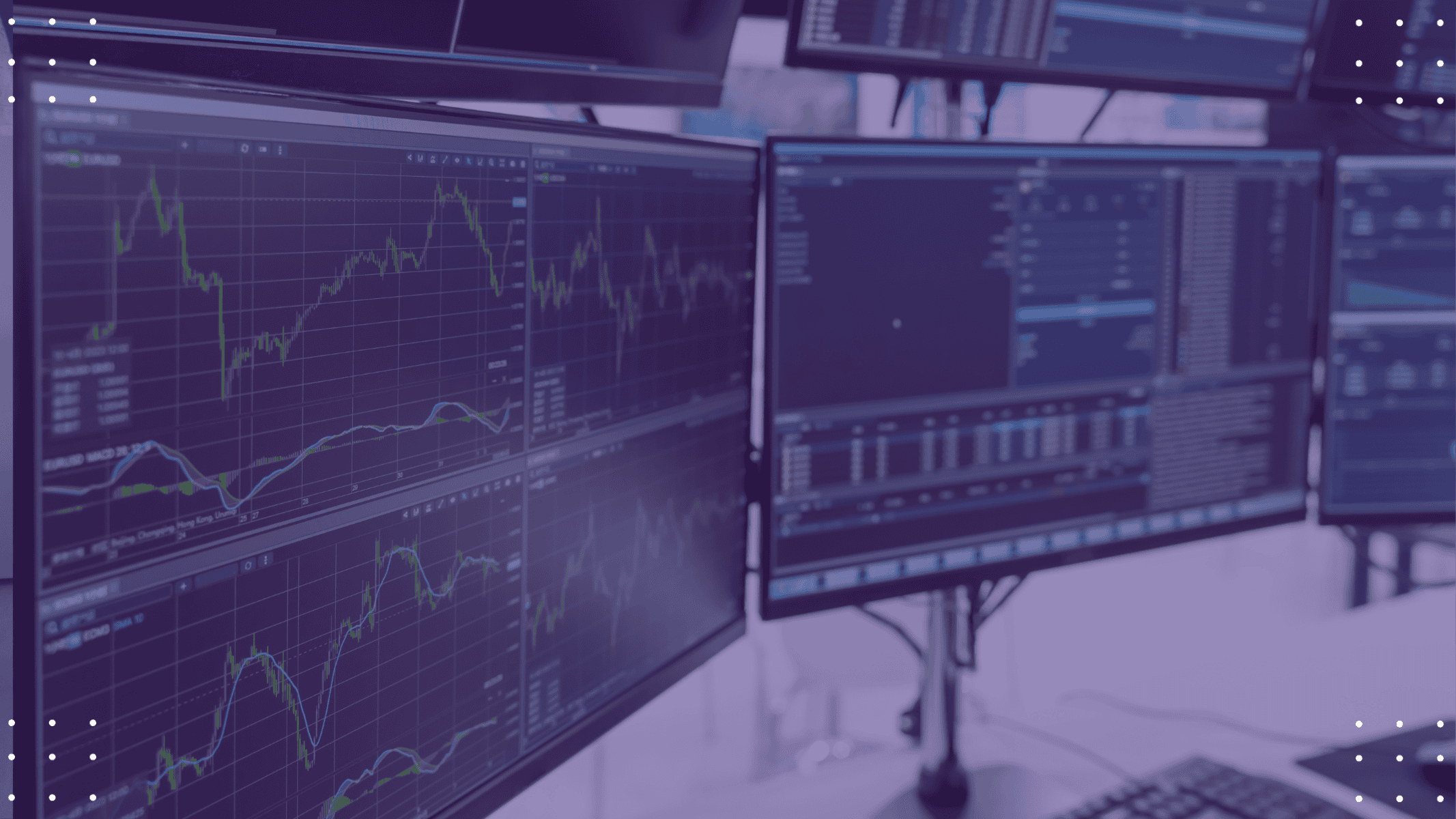Attending ACG Chicago’s Market Trends event was a fantastic opportunity to gain insights into what lies ahead for the economy as we move into 2025. Jeffrey Korzenik, Chief Economist at Fifth Third Bank, delivered a compelling keynote that explored workforce dynamics, immigration policy, and global trade. As a finance and accounting recruiter who works closely with senior managers and C-suite leaders, I found his perspectives not only timely but deeply relevant to the challenges and opportunities my clients face. Below are some key takeaways, along with my own insights into how these trends may impact hiring and business strategies.
Expanding the Definition of the Workforce
Korzenik challenged the traditional definition of “prime-age workers” (25-54 years old), emphasizing the need to broaden our view to include underrepresented groups, such as women re-entering the workforce, older workers, and individuals with criminal records. He highlighted a striking statistic: about 50% of male job seekers have a criminal record.
This resonates deeply with what I’ve observed in recruiting. Companies are increasingly recognizing the value of inclusive hiring practices, not just as a moral imperative but as a business necessity in a tight labor market. The potential talent pool is vast, but tapping into it requires a shift in mindset and sometimes policy changes. Forward-thinking companies are already partnering with reentry programs and offering mentorship to bridge gaps in work history.
Korzenik put it succinctly: “If you make a mistake at 18, that shouldn’t haunt you when you’re 40.”
This is a sentiment that I believe the finance and accounting sectors can adopt by reviewing hiring policies that might unnecessarily exclude qualified candidates.
Rethinking the H-1B Visa Program
Another significant topic was the limitations of the current H-1B visa program. Korzenik highlighted how the system restricts economic mobility by tying workers to specific sponsors, which contributes to wage suppression and stifles innovation.
“We need an H-1B visa system that isn’t tied to sponsors, so workers can be fairly paid and have real economic mobility,” Korzenik noted.
As someone who has recruited for roles requiring specialized technical expertise, I see firsthand how restrictive visa policies can limit access to top talent, particularly in finance, accounting, and technology. Companies are increasingly investing in talent acquisition strategies that look beyond national borders, but visa limitations create bottlenecks. A more flexible visa system would not only foster innovation but also level the playing field for businesses competing for global talent.
The Impact of Global Trade on the U.S.
Korzenik made a strong case for strengthening trade relationships with Mexico and Canada. With shifting manufacturing investments to Mexico driven by lower labor and transportation costs, it’s critical to maintain and expand these partnerships.
He also emphasized the importance of automation in manufacturing, where Europe has been making significant advancements. This point is particularly relevant for the Midwest, a manufacturing hub where I see growing demand for finance professionals who can navigate CapEx projects and automation investments.
“Mexico is now the second-largest trading partner for the U.S., and we need to keep that relationship strong,” Korzenik said.
This shift in global trade dynamics presents a golden opportunity for companies in Chicago and beyond to reposition themselves as key players in the supply chain. Finance leaders must be proactive in scenario planning and risk assessment to navigate this evolving landscape.
Tariffs and the Free Market Debate
Korzenik acknowledged that tariffs often receive criticism but noted that they have a role in addressing labor conditions and environmental practices. However, he cautioned that tariffs should be used strategically.
“The idea of a free market isn’t truly free when you factor in subsidies and market manipulation from global players,” he explained.
For CFOs and finance teams, tariffs represent both a risk and an opportunity. Understanding how these trade policies impact supply chains and pricing strategies is crucial. I’ve seen companies that effectively navigate tariff challenges gain a competitive edge by optimizing sourcing strategies and leveraging cost analysis.
The Midwest Advantage
Ending on an optimistic note, Korzenik highlighted the strengths of the Midwest, particularly Chicago, with its robust transportation infrastructure and access to key markets. He expressed confidence in CEO sentiment and earnings reports, signaling a bright future for the region.
“There’s capital here, and there are deals to be made outside of traditional sectors,” Korzenik emphasized.
From my perspective as a recruiter, the Midwest’s appeal extends beyond its infrastructure. The region is a breeding ground for innovation, particularly in sectors like manufacturing, logistics, and financial services. Companies that recognize and capitalize on these strengths will be well-positioned for growth.
Final Thoughts
Korzenik’s message was clear: adaptability, inclusivity, and strategic thinking are essential for businesses, investors, and job seekers navigating a rapidly changing landscape. For those of us in the recruitment space, these insights reinforce the importance of being proactive in identifying emerging talent trends and guiding clients through complex workforce challenges.
As we head into 2025, I am excited to see how companies will rise to the occasion by embracing a broader definition of talent, advocating for smarter immigration policies, and strengthening global trade partnerships. By staying adaptable and forward-thinking, we can help build a workforce and economy that thrives in the face of change.




